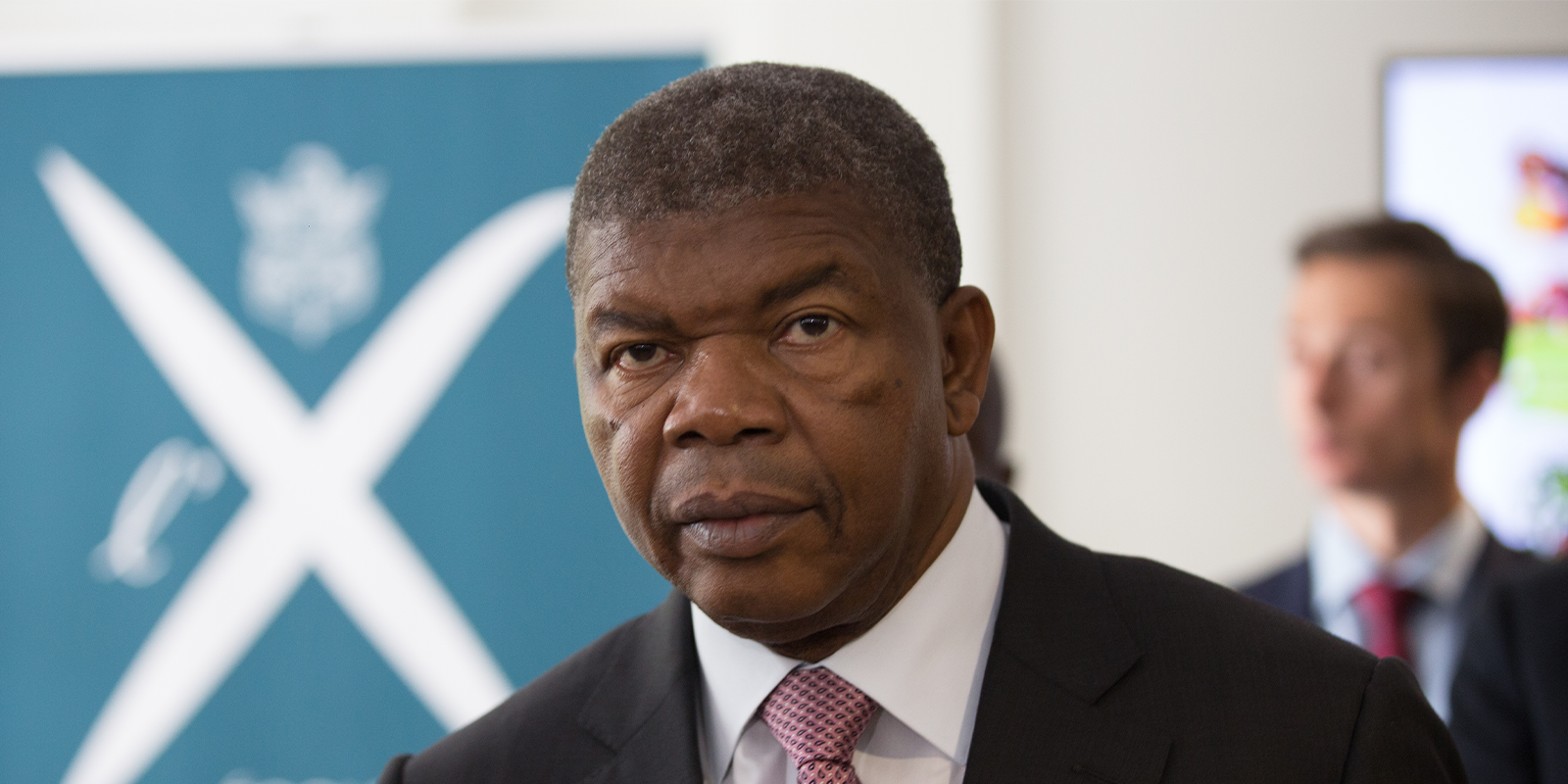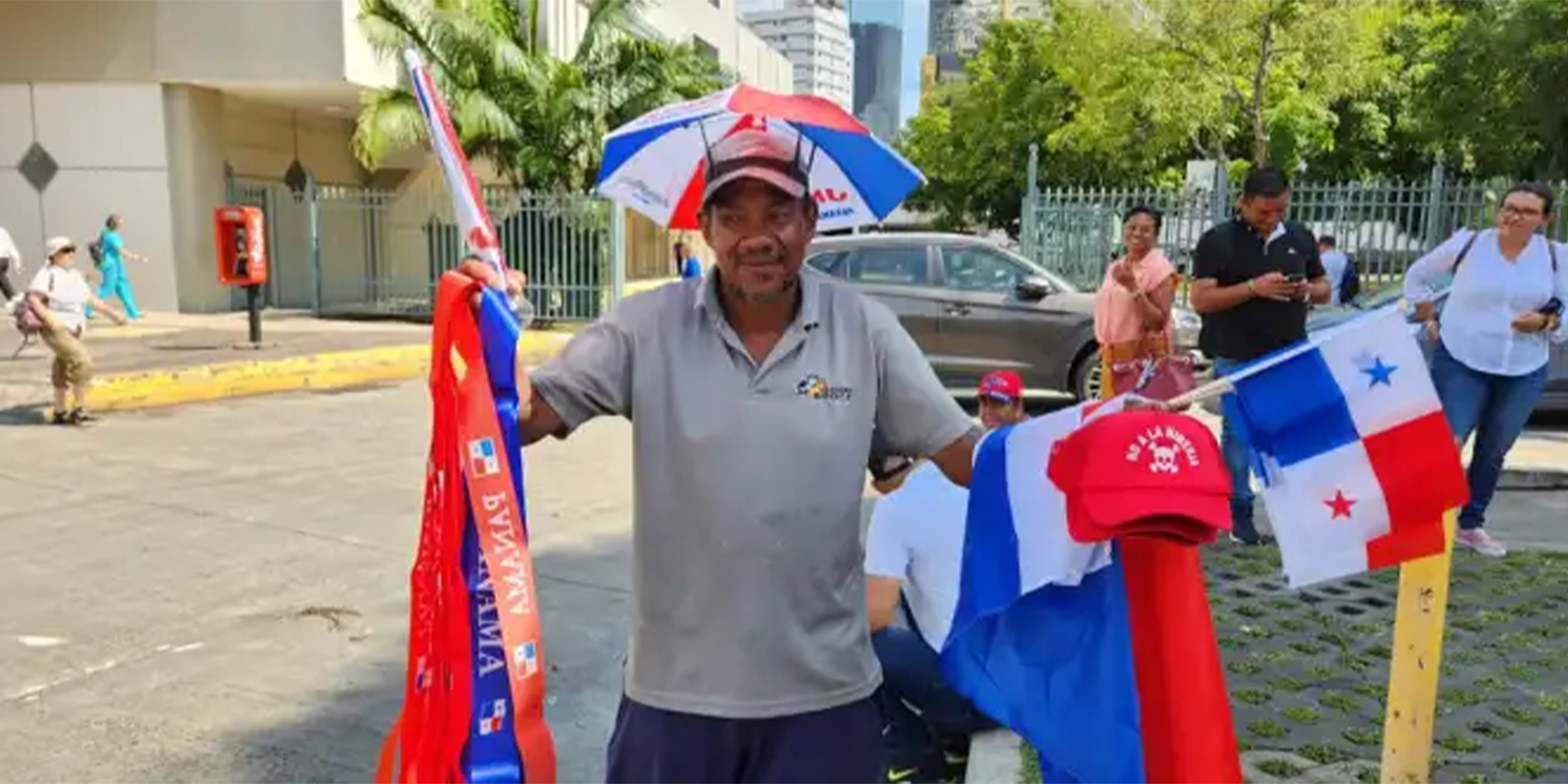News
Angola Shows How Overriding Democracy is America’s New Realpolitik in Africa
The opposition’s appeal to respect democratic principles, the separation of powers and civil-political liberties is at odds with Washington’s support for a civilian constitutional coup.

”We meet at a historic moment. Simply put, this partnership between Angola and America is more impactful and more important than ever,” said US President Joe Biden. Across from him in the Oval Office sat Angolan president João Lourenço at their meeting at the end of November.
“America is all-in on Africa. We’re all-in with you in Angola,” Biden continued, as the US made a significant shift in support of an authoritarian, illegitimate and highly unpopular president.
It was a stark reminder that US realpolitik puts interests before principles.
The transaction here is simple: the recognition of an undemocratic leader in exchange for geostrategic support, mineral extraction and defence alignments. But this isn’t just any African country – this is Russia’s oldest military ally and one of China’s biggest trading partners on the continent.
This is the first step of what will be numerous bilateral agreements, beginning with trade, investment, renewables and energy, and likely ending in defence.
This friendship includes a $2-billion investment in the Lobito railway corridor that will link Angola to Zambia and the DRC.
Covering more than 1,300km, it is expected to transport millions of tonnes of copper, cobalt, lithium, niobium and other critical minerals for the renewable energy and electric vehicle industries, and in the process reduce Beijing’s control over these minerals.
The Lobito Atlantic Railway consortium, composed of Trafigura (45.5%), Mota-Engil (45.5%) and Vecturis (1%), has a 30-year contract to manage the project.
Trafigura is returning to the country where its decade-long monopoly of the supply of petroleum products transformed the Swiss group from “a scrappy trader into a global commodity giant” (Financial Times). Its record for financial transparency and ethical business is dismal. In addition, the US Exim bank’s $900-million financing of a solar project was deemed as its “deal of the year” for 2023.
Angola’s opposition rightly demands transparency in understanding what is being signed and under what terms. In a strongly worded letter, the United Patriotic Front coalition, led by Unita, and civil society called on the Biden administration not to whitewash the surge in repression and human rights violations since September 2022.
Their appeal to respect democratic principles, the separation of powers and civil-political liberties is at odds with Washington’s support for a civilian constitutional coup.
This coup occurred with the acquiescence of Western powers as they watched Unita and their partners request a recount of the 24 August 2022 polls which fraudulently gave the MPLA a narrow 51%victory.
A parallel count revealed that Unita’s Adalberto da Costa Junior was the rightfully elected president, but he was privately told to wait his turn to avoid bloodshed.
In the meantime, the MPLA placed all its most impressive military hardware on the streets of Luanda ahead of the Concourt’s decision, as a warning against unrest. It is this same security apparatus, politicised and repressive, that will now receive US funding and training.
Defence dialogue
A joint high-level defence dialogue is scheduled for 2024, having previously identified potential collaboration in peacekeeping, capacity building, maritime security, cyber and space defence.
Since 2020 the US has provided $18-million in military assistance, a value expected to surge. The aim is to use Angola as a conduit for regional stabilisation.
Angola voted early in 2023 to deploy a contingent of 500 troops to support efforts to demobilise M23 rebels in the DRC. That contingent has yet to be deployed despite Luanda being continuously praised for its mediation and peacekeeping efforts in the Rwanda-DRC negotiations.
Angola’s ruling party, the MPLA, has long understood that the US does not have permanent friends, only permanent interests. This was one of the reasons it resisted closer engagement with Washington.
Another reason was its almost umbilical ties to Russia and Cuba that provided the MPLA with political, economic and military lifelines for decades, even with the pragmatic understanding that the US could be a more minor trading partner in the oil industry.
The late José Eduardo dos Santos was brilliant at balancing these contradictory alliances. João Lourenço has little brilliance and a great need to survive and retain power.
Unlike Dos Santos, he presides over a country that voted against him; he leads a deeply divided party and a fragmenting security apparatus and governs a population that is on the brink of starvation.

This reality is tempered by insincere joint statements that the partners will work to fight corruption, expand democratic governance, and protect human rights and fundamental freedoms.
The US’ role as a spoiler in Angola is historical.
On 19 May 1993, a day before the signing of the Abidjan Protocol recommitting Unita and the MPLA to peace and the inauguration of a balanced government of national unity, President Bill Clinton gave formal recognition of the MPLA as the legitimate representative of the Angolan people.
What followed were nine years of a brutal and punishing civil war that caused one of Africa’s worst underreported humanitarian crises by the time it ended in 2002.
For decades, the US supported the MPLA’s arch-enemy, Unita – initially covertly, then, after the 1985 repeal of the Clark Amendment, openly, as the Reagan administration gave support to the then rebel movement amounting to over $250-million.
As a senator, Biden voted against the repeal of the 1972 arms control bill. Then the MPLA and its Soviet and Cuban allies denounced Unita’s alliance with an imperialist power. Today, such dogmatic talk is meaningless, although there is much bitterness among the senior ranks of the army who remain true to their Russian past.
Washington will have to carefully navigate this friendship when Lourenço secures a third term. He will need to change the constitution to do so, requiring 147 votes when the MPLA only has 120 seats in parliament, but this is of secondary importance.
The US is directly interested in this constitutional change because it allegedly plans to set up a military base in Angola, planned for the remote oil town of Soyo, away from the public eye – something that is banned under the current constitution.
US interests in Angola have previously been tied to oil and stability in the Great Lakes region, as well as desperate but failed attempts to secure defence agreements on arms and cooperation.
But securing a visible alliance with a dictator, much like the move to restore political and economic relations with Venezuela’s Maduro, has become even more important since Russia’s invasion of Ukraine and global realignments.
This article originally appeared on Daily Maverick.


